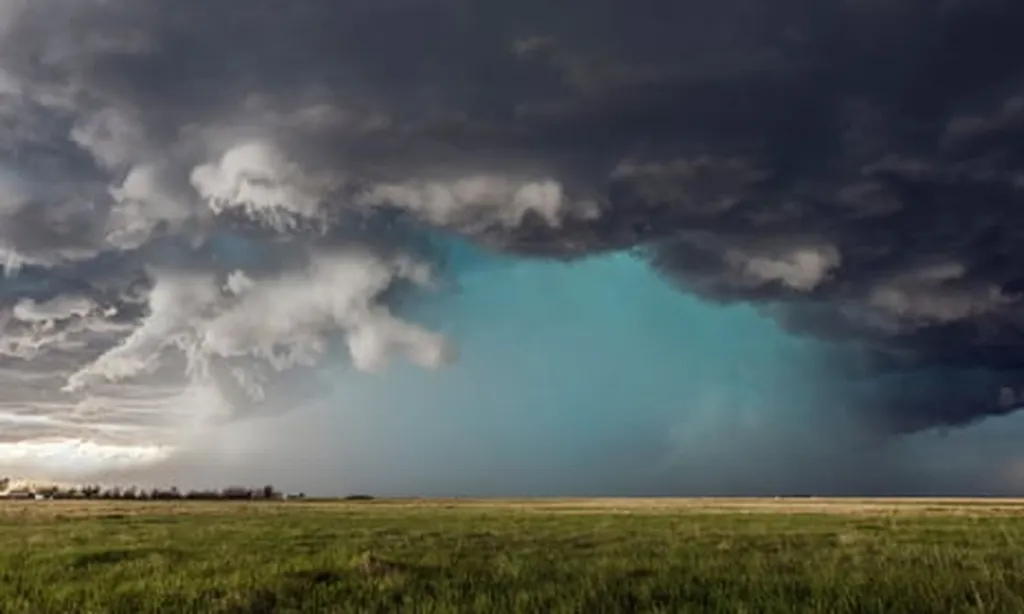The Atlantic Ocean is increasingly experiencing multiple hurricanes simultaneously, a trend that scientists attribute to rising ocean temperatures. This phenomenon, known as hurricane clustering, poses significant implications for coastal communities, agriculture, and investors.
Historically, the Northwest Pacific has been the hotspot for hurricane clusters, but the Atlantic is rapidly catching up. A recent study published in Nature Climate Change found that the odds of Atlantic hurricane clusters outnumbering those in the Northwest Pacific have grown tenfold over the past half-century. This shift is largely driven by Atlantic warming, which sets the conditions for multiple hurricanes to arise concurrently.
The implications for the agriculture sector are profound. Hurricanes can cause extensive damage to crops, livestock, and infrastructure, leading to significant economic losses. The increased frequency of hurricane clusters raises the risk of consecutive storms battering coastal agricultural regions, exacerbating the damage and prolonging recovery times. For instance, back-to-back hurricanes can lead to soil erosion, flooding, and saltwater intrusion, which can devastate crops and render farmland unusable for extended periods.
Investors, particularly those in the agriculture and insurance sectors, must also recalibrate their strategies in response to this emerging trend. The heightened risk of hurricane clusters could lead to increased insurance premiums and claims, impacting the financial stability of insurance companies and their clients. Agricultural investors may need to diversify their portfolios or invest in more resilient farming practices to mitigate potential losses.
Moreover, the infrastructure supporting agriculture, such as irrigation systems, storage facilities, and transportation networks, may require reinforcement to withstand the increased threat of multiple hurricanes. This could necessitate significant capital investment, presenting both challenges and opportunities for investors.
In conclusion, the increasing occurrence of hurricane clusters in the Atlantic due to ocean warming underscores the need for proactive measures in the agriculture sector and careful consideration by investors. As the climate continues to change, understanding and adapting to these new weather patterns will be crucial for minimizing economic impacts and ensuring long-term sustainability.

